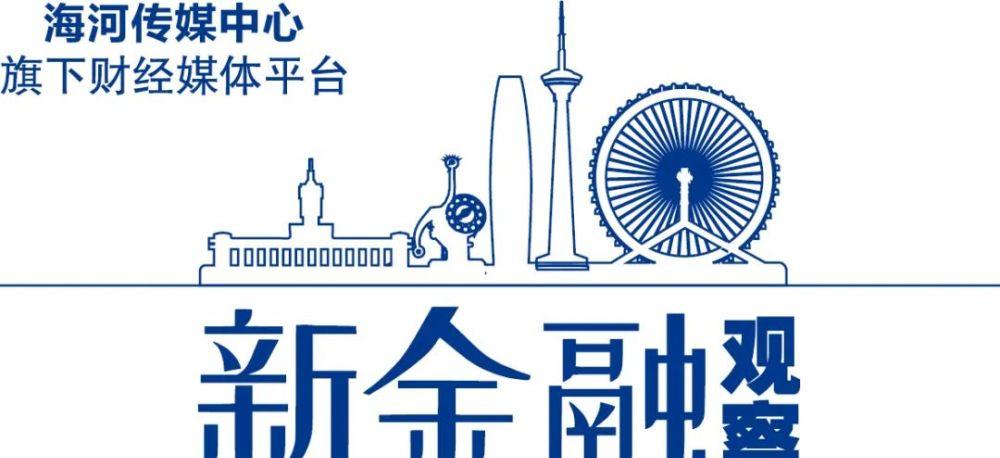
Inspire new aspirations with new media to focus on seeking a new chapter
● Value everywhere Is not in ●
Xiaomi is being suppressed in India again?
On May 1, according to a Reuters report, the Indian side said that Xiaomi and its subsidiaries were suspected of illegally sending money to foreign entities in violation of India's local Foreign Exchange Control Law, and had seized Xiaomi Technology India Pvt. (hereinafter referred to as "Xiaomi India") has assets of approximately RMB4.8 billion (US$725 million).
Xiaomi Group responded that all of the company's operations strictly comply with local laws and regulations.
The royalties and bills paid by Xiaomi India to the bank are legal and true, and the royalties paid are used for the licensed technology and intellectual property rights used in the company's Indian version of the product, which is a legal business practice. Xiaomi said it would work closely with the government to clarify any misunderstandings.
Earlier this year, India's Enforcement Agency launched an investigation into illegal remittances and questioned Manu Kumar Jain, Xiaomi's global vice president. The Indian side believes that Xiaomi India remitted relevant documents of patent licensing fees and royalties to Qualcomm and China's Beijing Xiaomi Mobile Software Company, which are not included in the transaction value of its imported goods, constituting tax evasion and tax evasion, and needs to be re-taxed.
A legal person focusing on overseas markets told reporters that it can be seen that Indian law enforcement departments are questioning the authenticity of several intellectual property transactions and the reasonableness of pricing and other tax issues, of which there are several issues that need to be refined: First, does the intellectual property license fee need to be included in the quotation of imported products? Second, are the related party transactions and transfer pricing between Xiaomi entities reasonable?
The legal source said that whether the royalties need to be subject to tariffs depends on whether the following three conditions are met: First, whether the royalties paid by Xiaomi India to Qualcomm and China's Xiaomi Mobile Software Company are related to the import of goods from India. If it is determined to be related to the import of goods by Xiaomi India, it should pay the tax back; conversely, if it is deemed unrelated, it should not pay the tax.
The second is whether the payment of royalties constitutes a precondition for the sale of imported goods into India. If it is found that the payment of royalties constitutes a condition for the sale of imported goods to India, Xiaomi India Company shall pay back the tax; conversely, if it is determined that it does not constitute a condition for the sale of the goods in India, it shall not pay the tax.
The third is whether the royalties are included in the dutiable value at the time of declaration of imported goods.
Just at the beginning of this year, according to foreign media reports, on January 5, india's ministry of finance said in a statement that after the investigation found that there was tax evasion, it had sent a message to Xiaomi Technology India Pte Ltd (Xiaomi Technology India Pvt). (hereinafter referred to as "Xiaomi India") issued a notice to recover Rs 653 crore tax from the company.
Xiaomi said that the Indian authorities required Xiaomi to pay back the import tax related to the royalties between April 1, 2017 and June 30, 2020, which has nothing to do with Xiaomi's recent business, and the official statement is not the final result.
"The root cause of this tax problem is that there are differences between the parties on the price determination of imported goods. Whether royalties, including patent royalties, should be included in the price of imported goods is a complex technical dilemma in all countries. Xiaomi said that for this issue, it will continue to communicate with the relevant departments in India.
Earlier, foreign media quoted the Indian Ministry of Finance as saying that Xiaomi India remitted royalties and licensing fees to Qualcomm and Xiaomi Mobile Software, which were not included in the transaction value of its imported goods. The statement said that Xiaomi and its contract manufacturers also did not include the royalties of imported MI brand mobile phones and their parts in the assessable value of the product.
Xiaomi is not the only brand that has been chased by India's Ministry of Finance for tax collection. According to the data, since December last year, the law enforcement personnel of the Taxation Bureau of the Ministry of Finance of India have checked taxes in more than 20 places across India, and Chinese-funded mobile phone companies such as Xiaomi and OPPO have been searched, which are the more well-known mobile phone brands in India.
According to market research agency Canalys, in the first quarter of 2022, Xiaomi shipments ranked first in the List of Smartphone Shipments in the Indian market.
As of September 30, 2021, Xiaomi Group's mortgage restricted deposits were 2.564 billion yuan. However, as of December 31, 2021, the company's mortgage restricted deposits were RMB4,319.7 million, mainly due to ongoing tax investigations in India.
Editor-in-charge Wang Yahan
Source: CBN, China Fund News, Science and Technology Innovation Board Daily, Securities Times
Inspector Liu Shule